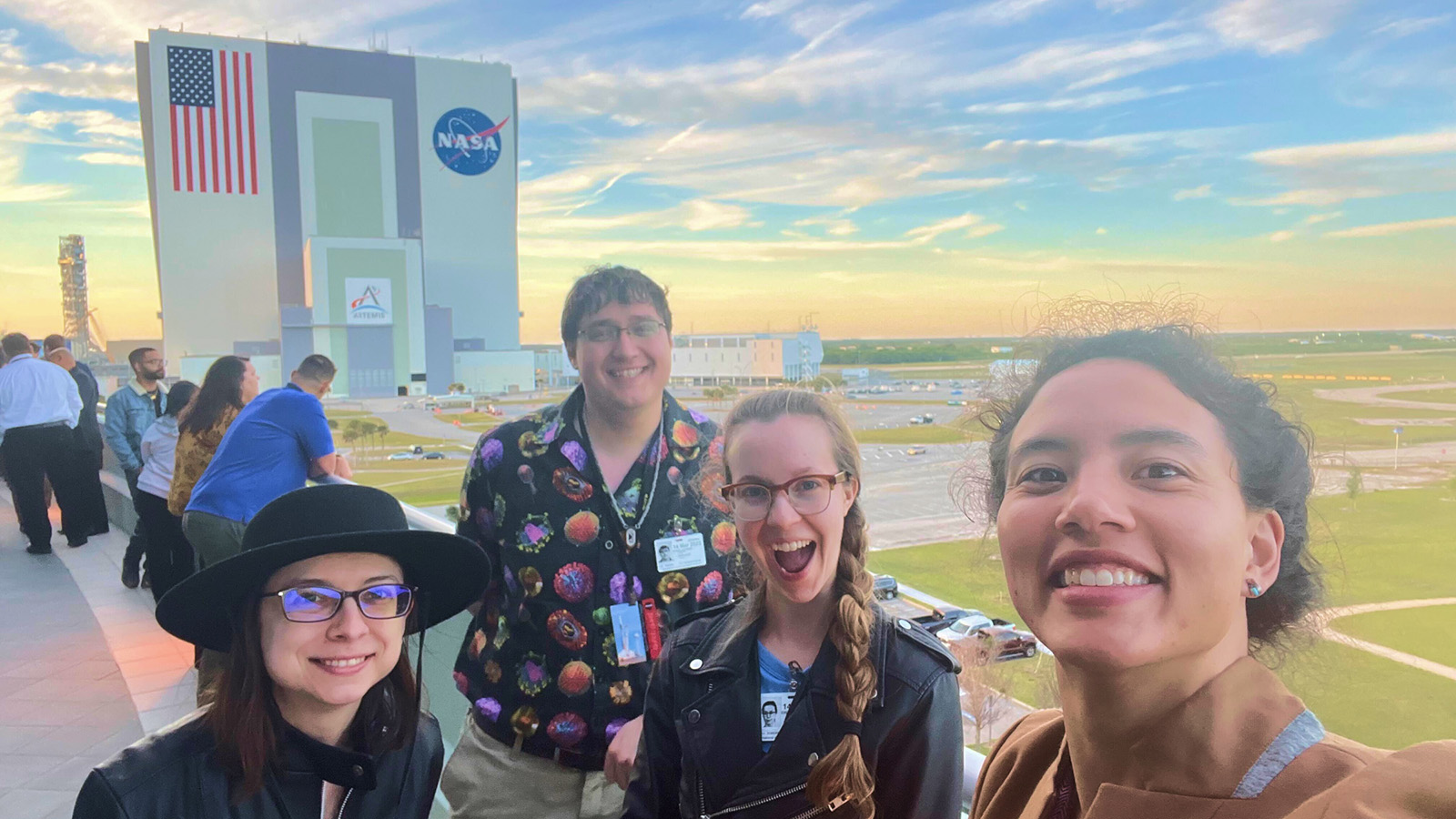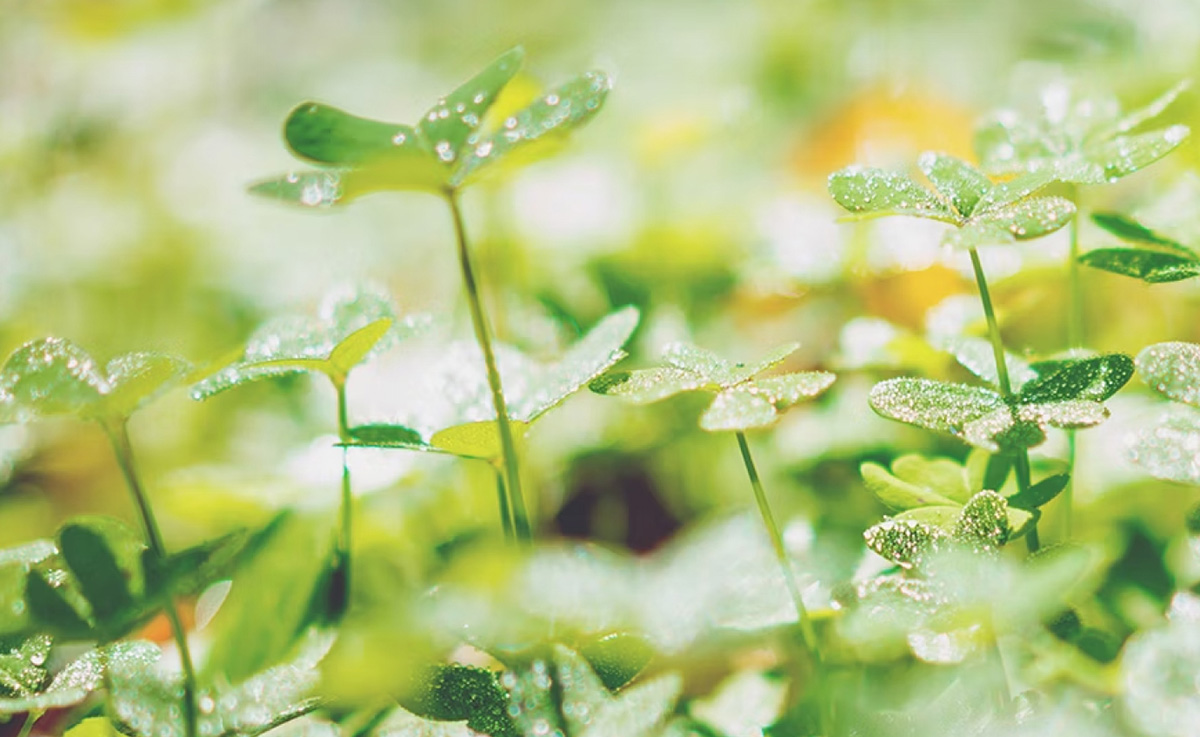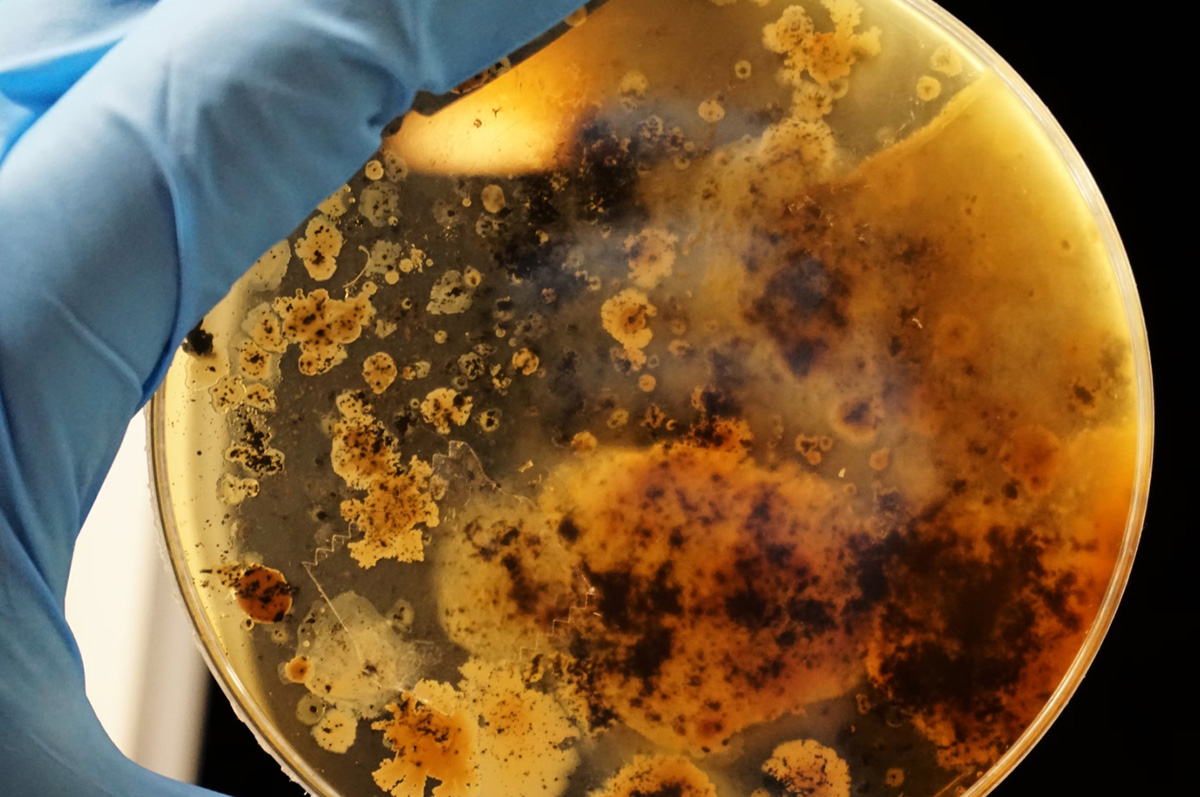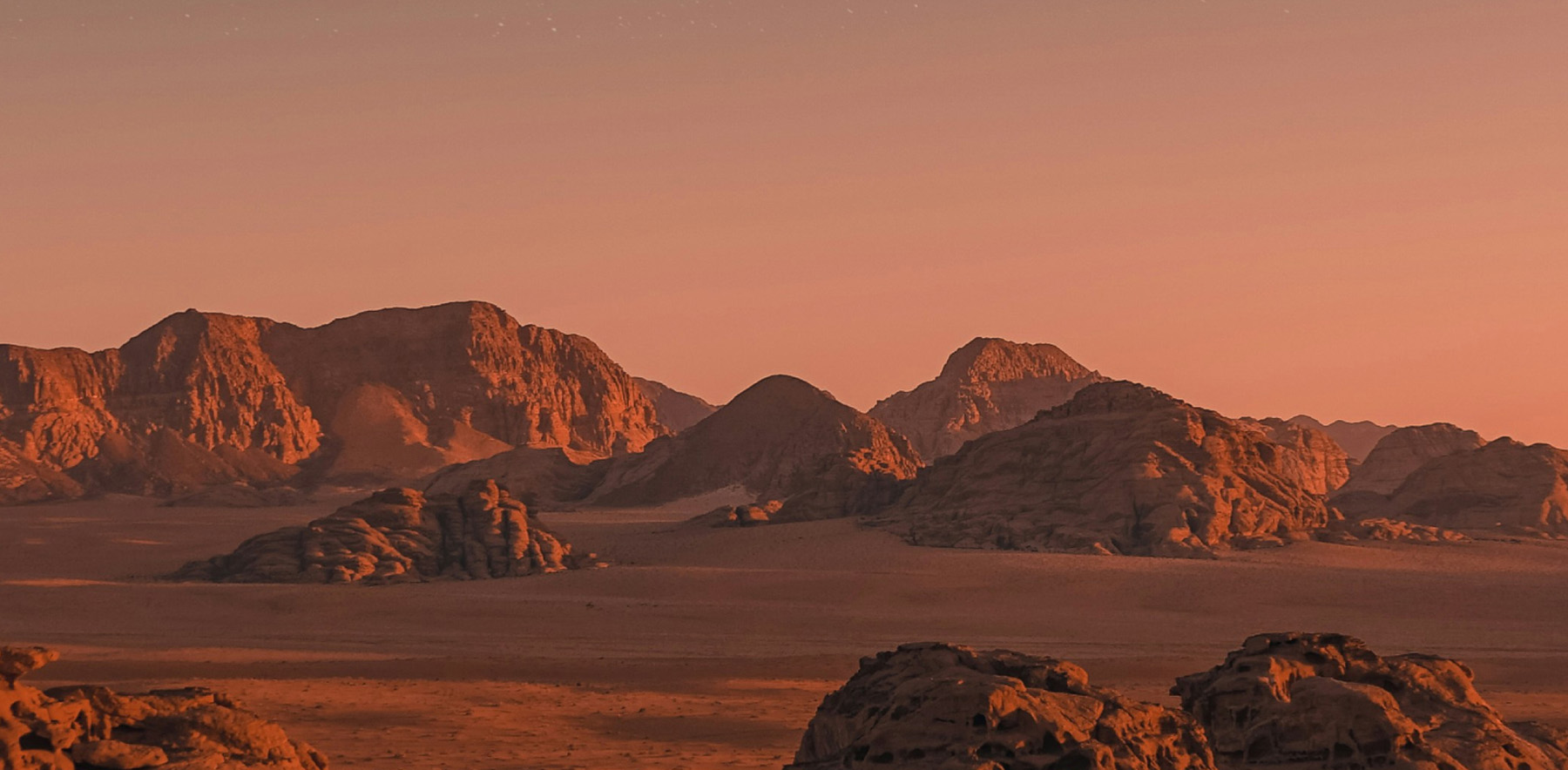Where no microbe has gone before
The science
Mars is not friendly to life.
It is a desert with extreme UV-C radiation, freezing temperatures, and soil that contains toxic chemicals.
However, organisms on Earth can tolerate each of the extremes of Mars individually:

C. sphaerospermum
C. sphaerospermum is a fungus isolated at Chernobyl. It is tolerant of high radiation doses and may actually absorb energy from radiation!

C. nivalis
C. nivalis is a snow algae that grows on snow, glaciers, and sea ice. It’s freeze-thaw tolerant and capable of growing at extremely low temperatures.

X. elegans
X. elegans is a lichen that succeeds in extreme environments like the Antarctic by growing at a snail’s pace—just 0.5mm/year. So far it has survived 16 days exposed to the vacuum of space.

D. radiodurans
D. radiodurans is a durable bacteria that grows in the presence of perchlorate, a toxin similar to bleach found in Martian soil. Today, it is employed to treat nuclear waste.

C. sphaerospermum

C. nivalis

X. elegans

D. radiodurans

We’re building a platform to mix and match these properties.
The hardy microbes we cultivate will be the first to thrive in their polyextreme environments.
These new pioneer species can pave the way to greener planets by remediating soil, upcycling waste streams, and making harsh areas more friendly to life.
Why?

Short-term biomanufacturing
Our pioneer microbes will be used for green manufacturing in resource-constrained environments, both on Earth and in space.

Long-term terraforming
The properties of these engineered microbes will answer basic science questions about the limits of life and inform the feasibility, cost, timescale, and approach for someday terraforming Mars.

The team
We’re a group of scientists, makers, and more. Meet the team and learn about what makes us tick.
Meet The TeamLearn more
We’ve got relevant microbiology and space science resources for you that cover every level of interest & knowledge, from approachable to professional.
Explore Our Resources









